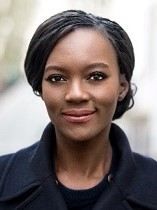Recap
On May 16, the Atlantic Council’s Africa Center, in partnership with Rawbank, hosted an event that focused on recent discussions regarding possible critical minerals deals between the Democratic Republic of the Congo (DRC) and the United States. At the event, experts explored the prospects for peace in the DRC’s east and unveiled the Africa Center’s African critical minerals roadmap, a list of US government investment priorities in the DRC (beyond mining opportunities) inspired by the work of the Africa Center’s Critical Minerals Task Force.
In opening remarks, Mustafa Rawji, the chief executive officer of Rawbank, highlighted the DRC’s endowment of trillions of dollars worth of mineral wealth and the need for the country’s economy to benefit all Congolese citizens. Then, Africa Center Senior Director Rama Yade held a fireside chat with Corina R. Sanders, deputy assistant secretary of state for African Affairs, who gave an update related to the potential critical minerals deal.
Sanders, who recently returned from a trip to Kinshasa, emphasized that Africa has extraordinary potential, and that the United States’ goal is to increase its exports to and investment for Africa, eliminate the trade deficit, and drive mutual prosperity. She highlighted that Africa is an untapped market for US exports, seeing as such exports to Sub-Saharan Africa generally have not changed significantly in the past twenty years and represent less than 1 percent of total trade goods.
“We see Africa as a continent full of capable commercial partners, and so trade—and not aid—is our policy for Africa.” For the DRC specifically, Sanders emphasized how economic investment and focus can be a catalyst for peace, citing the US engagement of Rwanda, the DRC, and other partners to prevent the shutdown of the Alphamin mine, which produces around 6 percent of the global supply of tin. Sanders also touched on topics such as the Lobito Corridor and immigration policies for African students.
Following the conversation, Aubrey Hruby moderated a business-focused panel with Serge Nawej Tshitembu, co-managing Partner at ProximA International; Evan Musolino, managing director at the Office of Infrastructure of the US International Development Finance Corporation (DFC); Seth Levey, head of US government relations and corporate affairs at Glencore; and Jennifer Fendrick, director of public policy at KoBold Metals.
- Levey talked about the business climate in the DRC, calling it a place “ripe with opportunity.” He also stressed the importance of working with local providers and local talent “who can work on these projects and make sure that we build up that local infrastructure, because mining is not just the mine, it is obviously all the infrastructure around it.”
- Musolino talked about how the US government can support work in the critical minerals sector and stressed the importance of a coherent approach. He said, “that is absolutely top of mind . . . making sure we can speak as one voice, both internally as well as message to the market. These are the tools we have. These are the projects that we’re interested in seeing, and this is the way we can help alleviate some of the challenges and difficult markets and difficult sectors.” Musolino said that from the DFC’s perspective, while the institution’s portfolio has historically been weighted toward early-stage extraction projects, “there is certainly a push now to look across the value chain and the critical mineral space.”
- Fendrick said that geologically, the Congo is “unparalleled” and that there is political will to have Western companies, including US companies, enter (and in some cases, reenter) the market. “When I speak to many people in in the DRC,” she said, “they [tell] me that fifty years from now, one hundred years from now, they don’t want the Congo to still be a mining country . . . that they view this as a stepping stone to modernization.”
- Nawej said it is important that investors understand the history of the market in which they are entering in order to leverage local knowledge and target the right assets. He stressed that that “nobody, nobody, nobody in the DRC . . . can succeed if they’re not working with the local people, including the geologists, including the businesspeople.” Nawej pointed to DRC governmental efforts to promote local content and the opportunities this presents for Congolese entrepreneurs and businesses, highlighting the subcontracting law which was modified into the mining code several years ago that regulated that any “supply of services and products to mining companies must be done by a company which is held at 51 percent by a [DRC] citizen.” Nawej also noted the importance of the people of the Congo, because if they leverage what they have, they can help ensure each project is “a win-win”.
Original event text
With the United States and the Democratic Republic of Congo (DRC) discussing a potential agreement on critical minerals, the Atlantic Council’s Africa Center—on Friday, May 16 at 9:00 a.m. ET/13:00 GMT—will host a series of conversations on the key issues that impact governance, investment, and peace in the DRC.
Following the April 26 meeting between the foreign ministers of the DRC, Rwanda, and United States where a tenuous peace agreement process began, there has been increased interest in investment in the DRC’s turbulent but mineral-rich east. With renewed interest by policymakers in Washington toward this critical region, this event will explore pathways to renewed peace and prosperity in the Congo and the role that the DRC’s mineral wealth may play. Key themes include the establishment of peace in the Great Lakes region and the reestablishment of civil governance in the eastern DRC.
This event, serving as a follow up to a previous Africa Center event, The road to investment, peace, and security in the DRC, held in partnership with Rawbank during the 2024 IMF-World Bank Annual Meetings, will include a series of conversations with leaders from the private, government, and humanitarian sectors on the pathways to renewed peace and prosperity in the Congo.
The Africa Center has a dedicated workstream on the DRC that focuses on highlighting unique opportunities—for investment, partnership, engagement, and more—in the country, as well as a Critical Minerals Task Force that serves as a leading platform for research and discussion on the burgeoning critical mineral partnership between African countries and the United States.
Opening remarks
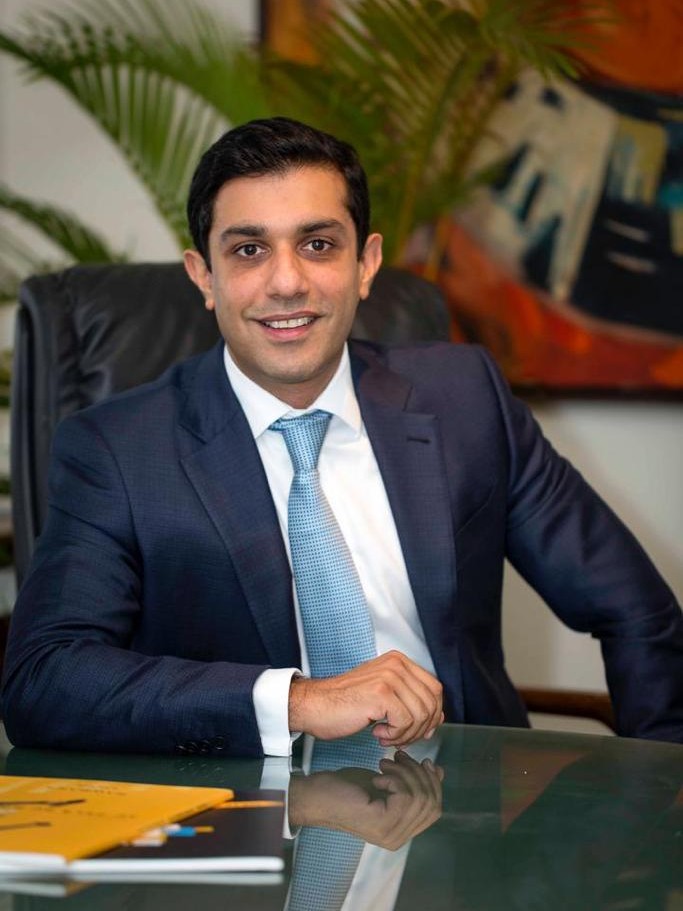
Mustafa Rawji
CEO, Rawbank
Board Member, Atlantic Council
Fireside chat
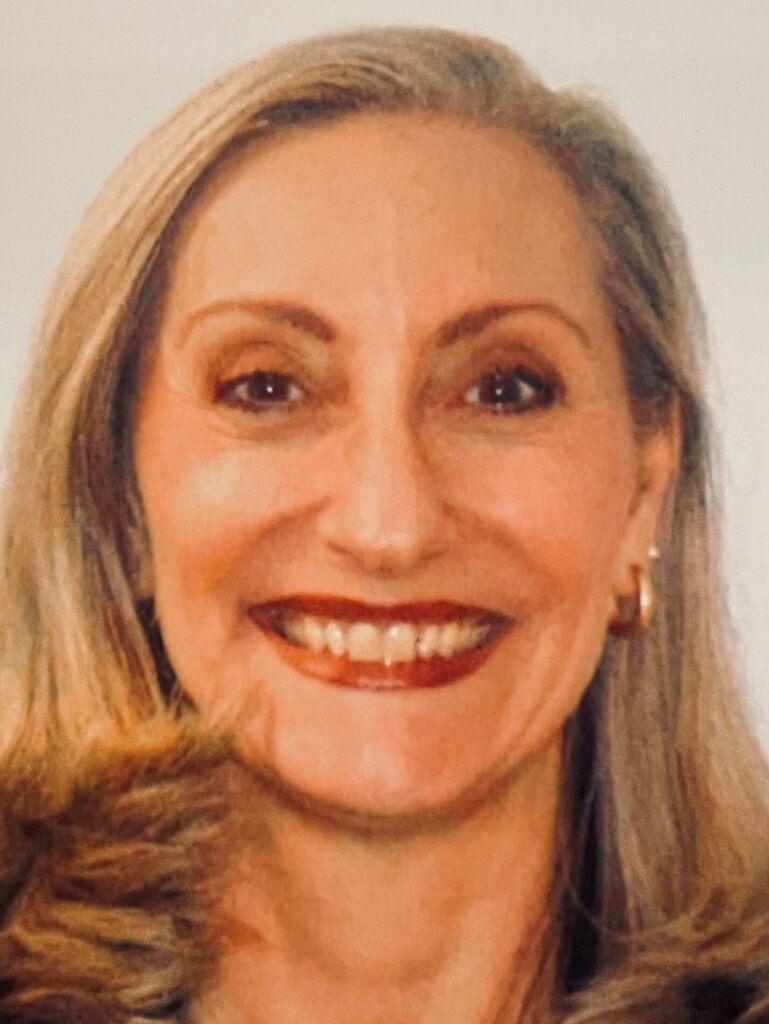
Corina R. Sanders
Deputy Assistant Secretary of State for African Affairs
US Department of State
Speakers
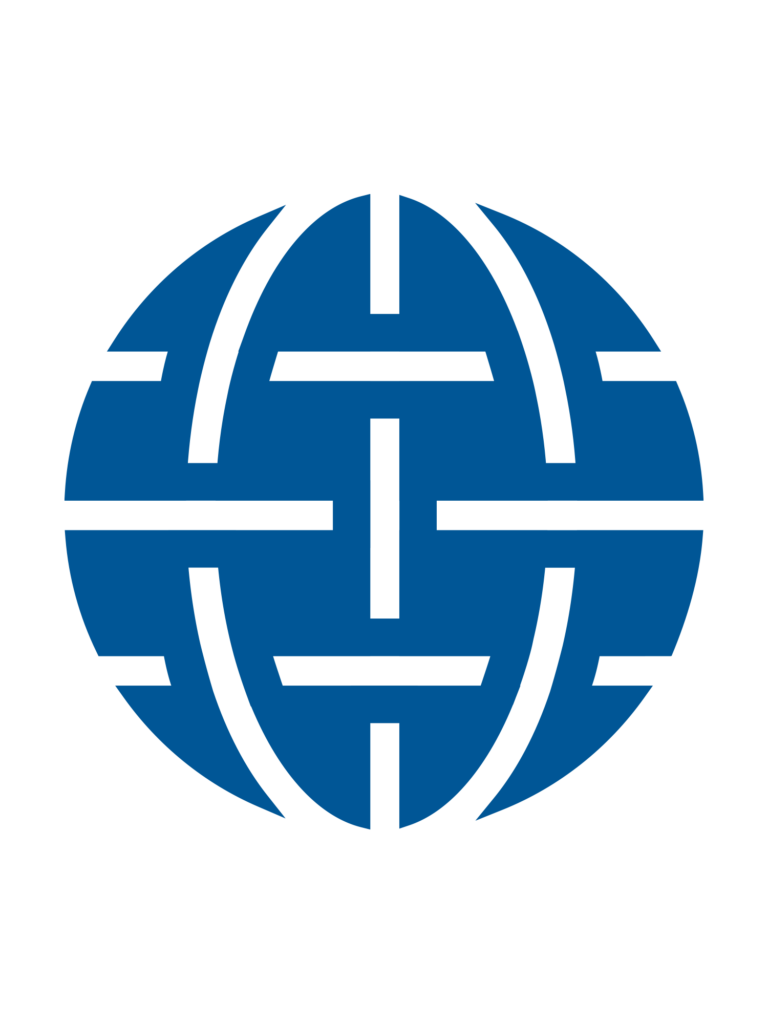
Jennifer Fendrick
Director of Public Policy
KoBold Metals
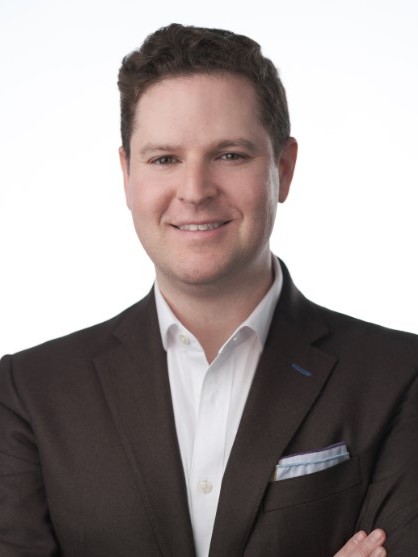
Seth Levey
Head of US Government Relations and Corporate Affairs
Glencore

Evan Musolino
Managing Director, Office of Infrastructure
U.S. International Development Finance Corporation (DFC)
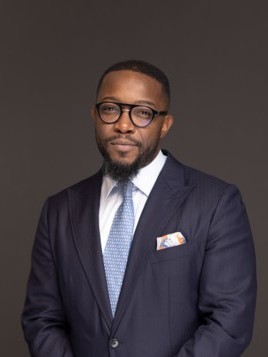
Serge Nawej Tshitembu
Co-Managing Partner, ProximA International LLP
Managing Partner, ProximA International DRC
Moderated by
Agenda
Opening remarks
Mustafa Rawji
CEO, Rawbank
Board Member, Atlantic Council
Fireside chat
Corina Sanders
Deputy Assistant Secretary of State for African Affairs
US Department of State
Rama Yade
Senior Director, Africa Center
Atlantic Council
Panel discussion
Jennifer Fendrick
Director of Public Policy
KoBold Metals
Seth Levey
Head of US Government Relations and Corporate Affairs
Glencore
Evan Musolino
Managing Director, Office of Infrastructure
U.S. International Development Finance Corporation (DFC)
Serge Nawej Tshitembu
Co-Managing Partner, ProximA International LLP
Managing Partner, ProximA International DRC
Moderated by:
Aubrey Hruby
Senior Advisor, Africa Center
Atlantic Council
In partnership with

explore the program

The Africa Center works to promote dynamic geopolitical partnerships with African states and to redirect US and European policy priorities toward strengthening security and bolstering economic growth and prosperity on the continent.
Atlantic Council TV
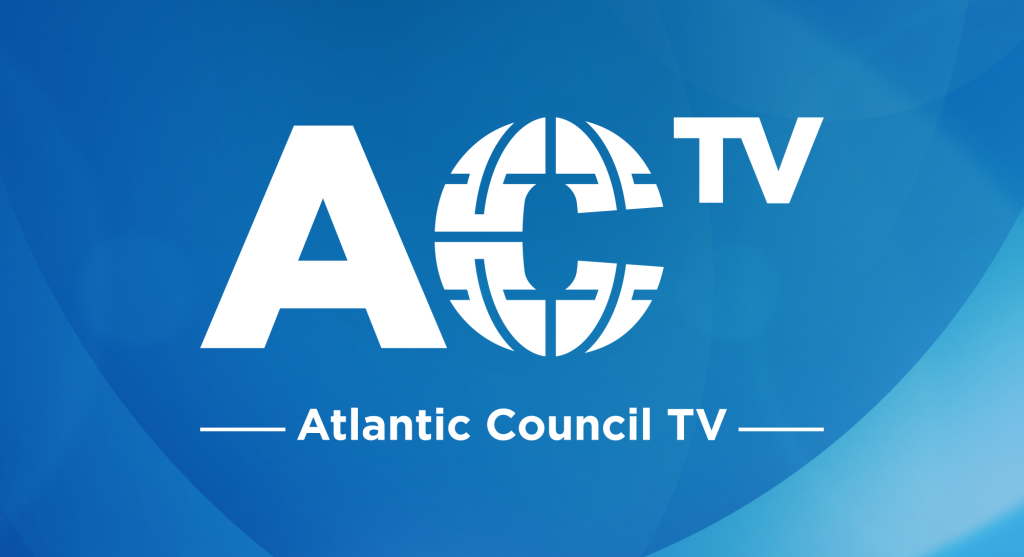
Watch this event and more content on ACTV
Follow the conversations shaping our world. Available on all major platforms.
